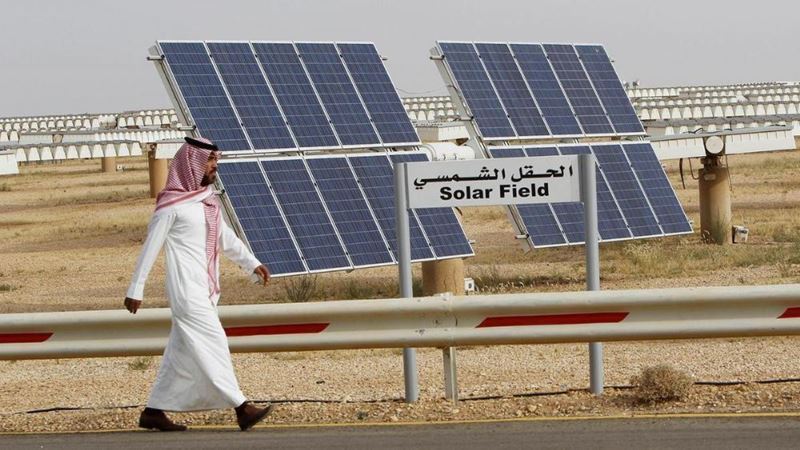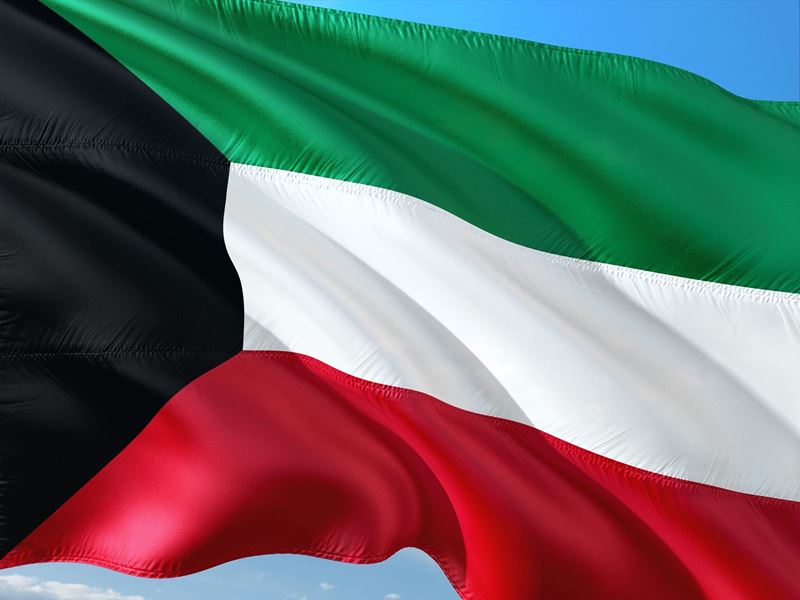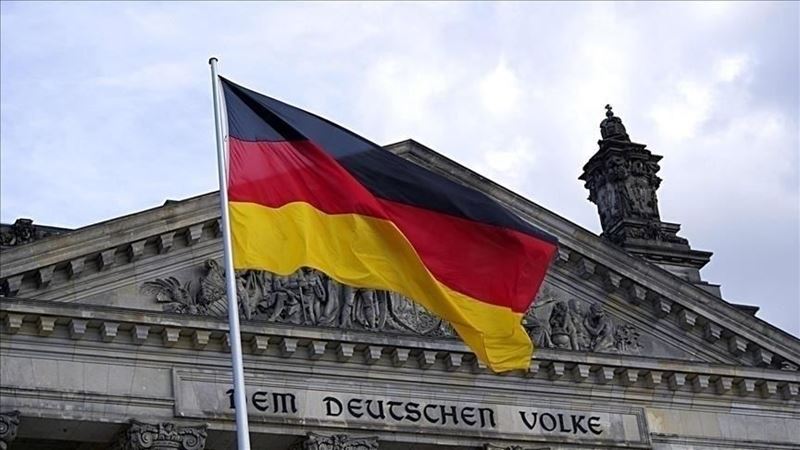A new report by PwC has revealed that renewable energy is playing a key role in Saudi Arabia's efforts to diversify its economy. With the growth of non-oil sectors increasing their contribution to the country's gross domestic product (GDP), renewable energy stands out as a strategic area in this transformation.
Riad Al-Najjar, Chairman of PwC-Middle East, said that the expansion of renewable energy projects and the vision of environmental sustainability reflect Saudi Arabia's determination to achieve its national goals and its leading role in the energy transition.
Renewable Energy and Electric Vehicle Targets
Saudi Arabia continues its renewable energy projects without slowing down. According to the report, Saudi Arabia plans to add 20 gigawatts of renewable energy capacity annually by 2030, totalling 130 gigawatts. It also aims to export up to 150 gigawatts of green electricity and hydrogen.
The Kingdom's plans for electric car production are also noteworthy. According to the targets in the Renewable Energy Document, it is planned to produce 150,000 electric vehicles by 2026 and half a million electric vehicles by 2030. In this process, companies such as Lucid and Sir, as well as the factory to be established by Hyundai in partnership with the Public Investment Fund, are expected to contribute to the supply chain.
The World's Largest Commercial Facility
The renewable energy-powered industrial facility project, which will be built in partnership with ACWA Power, NEOM and Air Products, stands out as one of Saudi Arabia's largest initiatives in the field of renewable energy. The facility, which will have a solar and wind energy capacity of approximately 4 gigawatts, will produce ammonia and green hydrogen.
Stating that renewable energy projects offer great opportunities for job creation and economic growth, Riad Al-Najjar emphasised that these investments will make Saudi Arabia one of the leaders of regional and global energy transformation.









Comments
No comment yet.